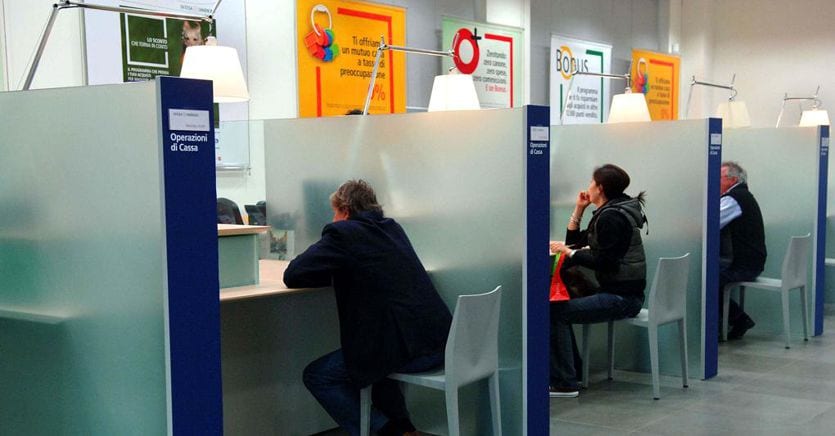For one million Italians, so many are definitively cured of cancer today, the so-called “right to be forgotten” must be ensured, i.e. the elimination of all those “cultural, regulatory and bureaucratic” obstacles that can cause “discriminatory behavior” and ” inequalities» unacceptable in the workplace or in accessing a bank loan or a mortgage or even in adopting a child. Efforts that must be extended to all those diagnosed with cancer (over 3.5 million) as recalled by the National Oncology Plan developed by the Government and which will be approved by the State-Regions Conference on Thursday 26 January.
Over 3.5 million sick people in Italy and one million healed
«In Italy over 3 and a half million people live after being diagnosed with cancer and all possible efforts are due to these people to ensure the best quality of life and to remove the obstacles that prevent their full development and effective participation in the social life, in full respect of the dignity of the human person”, recalls the National Oncology Plan which outlines the strategies to be adopted up to 2027 to treat and assist those affected by cancer in the round, as well as outlining the most effective prevention measures . The long-awaited Plan and now on the table of the Regions for the definitive green light should also obtain 20 million in funding thanks to an amendment to the milleproroghe decree now before the Senate. In its over one hundred pages of indications to be grounded with ad hoc measures, the spotlight is also turned on that “27% of those who live in Italy after a cancer diagnosis”. These are “almost 1 million people” who “are considered cured and have returned to having the same life expectancy as the general population”.
Access to financial and insurance products and the case for adoptions
The National Oncology Plan underlines how “all these people, like the so-called cancer long-livers, often find themselves facing obstacles that prevent them from resuming a normal life after the conclusion of anticancer treatments”. “Cancer survivors – adds the government document – also encounter obstacles to returning to work and because of their medical history they often receive unfair treatment as regards access to financial and insurance services”. «Among these people – underlines the Plan – the most affected are certainly the young survivors who are denied access to financial products (e.g. bank loans or mortgages) or insurance or, in the best of cases, benefit from higher tariffs or partial exclusion clauses of the insured risk, even decades after completing the therapeutic procedure». “Moreover, even if in general there are no legitimate or ethical impediments to people who have had cancer becoming adoptive parents, the lack of national rules or guidelines means – continues the document – that assessments on suitability adoption by the Juvenile Courts for people who have recovered from cancer or are long-lived are not uniform”.
Regulatory also in Italy the right to be forgotten
So how can we help healed patients, but also the many who live with the disease? “The path indicated by the patient associations is that of the so-called ‘right to be forgotten'”. It is a principle “which was also recently introduced into legislation in four EU countries”. France, Belgium, Luxembourg and the Netherlands in fact, they legislated on the subject by officially introducing the right to be forgotten. “In order to improve the quality of life after cancer it is important to promote initiatives aimed at removing cultural, regulatory and bureaucratic obstacles that can cause inequality and discriminatory behavior is possible”, insists the Oncology Plan. He adds: “Measures to facilitate social integration and reintegration into the workplace, including an initial assessment and adaptation of working conditions for cancer patients, should be integral parts of the patient journey.”
